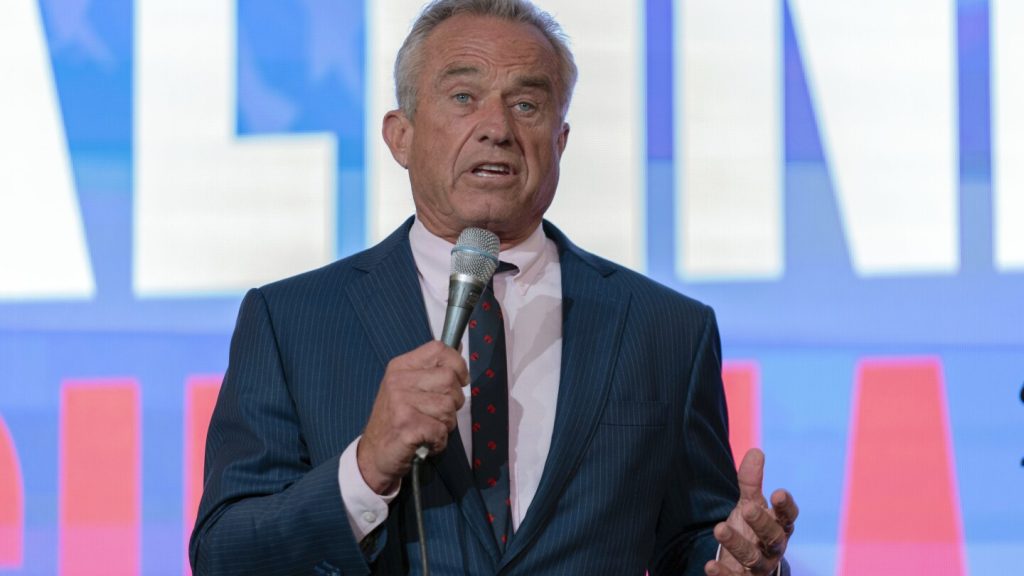Independent presidential candidate Robert F. Kennedy Jr. has achieved 15% or more in three national polls, bringing him close to qualifying for the debate against Democratic President Joe Biden and Republican nominee Donald Trump. However, historical data shows that third-party candidates often lose momentum as elections near. There is a strong desire among Americans for a third party, with many feeling that the current political parties do a poor job representing them. While the concept of a third party is appealing in theory, actual support for third-party candidates tends to dwindle as elections progress.
The history of independent and minor party candidates in presidential elections shows that early polling numbers can be significantly higher than actual vote share. Despite initial support, third-party candidates often struggle to maintain momentum and funding throughout the campaign. Former New Mexico governor Gary Johnson, a Libertarian Party candidate in the 2016 election, saw a drop in support from early polls to the final election results. Johnson emphasizes the impact of fundraising on the success of independent candidates, as donors are less likely to contribute to candidates they believe have little chance of winning.
Billionaire businessman Ross Perot’s campaign in 1992 is a notable example of a third-party candidate who had significant support in early polls but ultimately received a lower percentage of the vote. The American electoral system poses challenges for third-party candidates to thrive, but they can still have a substantial impact without winning the election. In the case of Robert F. Kennedy Jr., there are indications that some of his polling support may be influenced by his family name and connections, rather than his policies and views. Support for Kennedy could also be a reflection of frustration with the major party candidates, Biden and Trump.
While there is a long-standing desire for a third party among American voters, the reality of third-party candidates’ performance in presidential elections suggests that maintaining momentum and support is challenging. The concept of a third party is appealing until specifics, such as policies and nominees, are revealed. Early polling numbers for third-party candidates often do not translate to actual vote share in the general election. It is important to approach early poll numbers with caution, as they may not accurately reflect the political landscape closer to the election. The impact of third-party candidates like Robert F. Kennedy Jr. on the 2024 presidential election remains uncertain as the campaign progresses.


